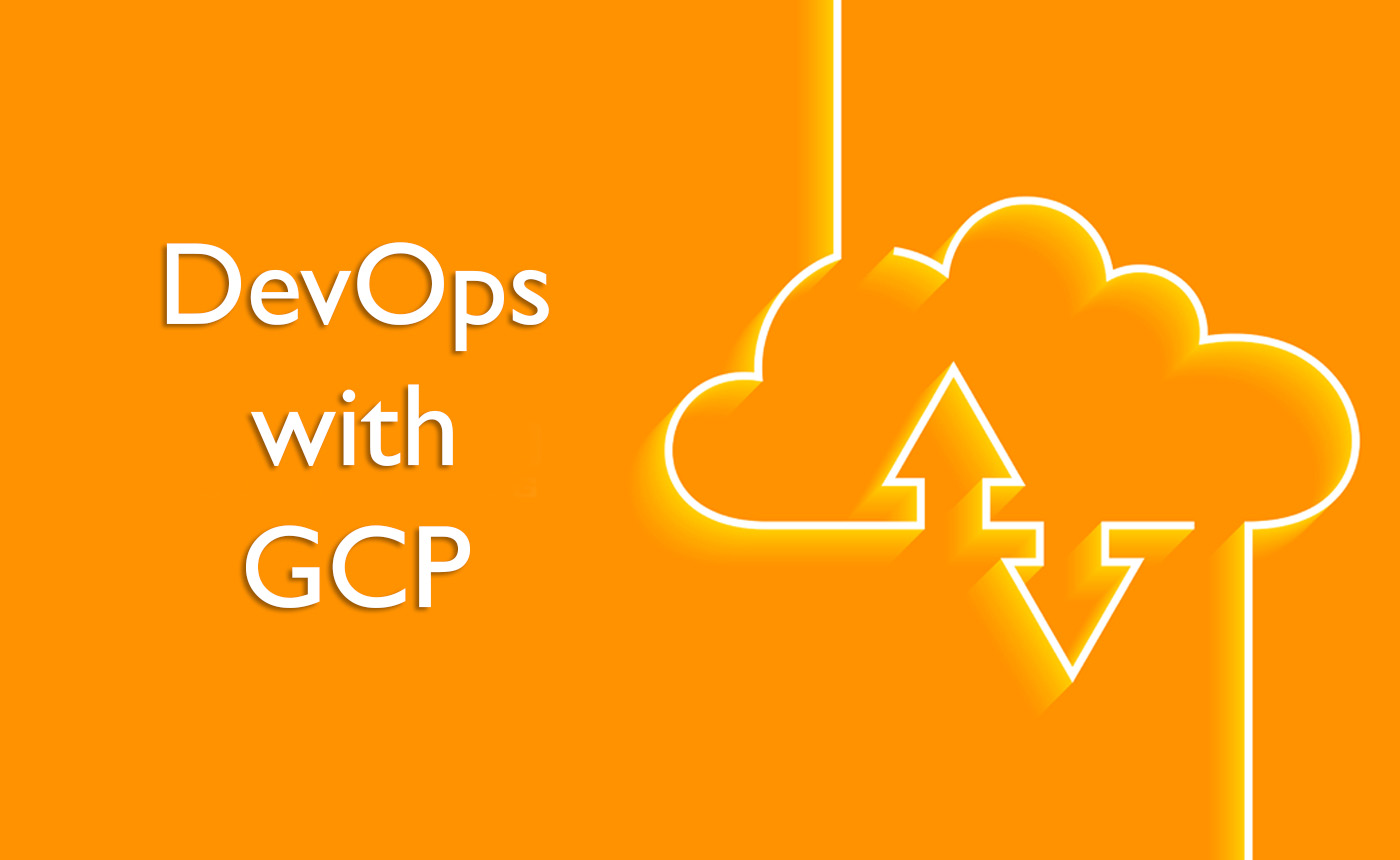Best GCP DevOps Training in Hyderabad

About Course
Best GCP DevOps Training in Hyderabad
Overview of Google Cloud Platform Learning
The DevOps methodology provides a comprehensive view of the entire software development lifecycle. Thinkinspire’s GCP DevOps Course in Hyderabad, designed to meet the needs of large-scale enterprises, is managed by industry professionals. This training prepares you for a career in GCP DevOps and cloud computing. By mastering cross-team collaboration and GCP DevOps techniques, which are essential in modern IT infrastructure, you will gain expertise in continuous development, integration, deployment, monitoring, and automation with configuration management.
Benefits
- Demonstrate Proficiency: Ensure you can showcase your skills with cloud services and GCP DevOps tools.
- High Earning Potential: Frequently ranked among the highest-paying IT certifications worldwide.
- Job Opportunities: Increase the number of interviews and job offers for aspiring GCP DevOps and cloud specialists, and enhance their earning potential once hired.
- Credibility and Commitment: Establish credibility and demonstrate your commitment to a career in DevOps and cloud technologies.
- Networking: Gain access to a network of like-minded peers and thought leaders in GCP DevOps and cloud computing.
Why Choose GCP for DevOps?
Robust Infrastructure
Google Cloud Platform (GCP) offers a robust and scalable infrastructure that supports a wide range of services and applications. This infrastructure is crucial for implementing DevOps practices effectively.
Integrated Tools
GCP provides a suite of integrated tools for development, deployment, monitoring, and management. These tools streamline the DevOps process, making it easier to manage the entire lifecycle of your applications.
Security
Security is a top priority for GCP. With advanced security features and compliance with global standards, GCP ensures that your applications and data are protected.
Cost Efficiency
GCP offers flexible pricing models that allow you to optimise costs according to your usage. This cost efficiency is beneficial for organisations of all sizes.
Course Curriculum
Introduction to DevOps
- Overview of DevOps: Understanding the principles and practices of DevOps.
- DevOps Tools and Technologies: Introduction to the tools and technologies used in DevOps.
Google Cloud Platform Overview
- GCP Services: Overview of various GCP services and their applications.
- Setting Up GCP: Steps to set up and configure your GCP account.
Continuous Integration and Continuous Deployment (CI/CD)
- CI/CD Pipelines: Designing and implementing CI/CD pipelines using GCP tools.
- Automated Testing: Integrating automated testing into the CI/CD pipeline.
Configuration Management
- Tools and Techniques: Introduction to configuration management tools like Ansible, Puppet, and Chef.
- Implementing Configuration Management: Best practices for implementing configuration management in GCP.
Monitoring and Logging
- GCP Monitoring Tools: Overview of monitoring tools available in GCP.
- Setting Up Monitoring and Logging: Steps to set up monitoring and logging for your applications.
Security and Compliance
- Security Best Practices: Implementing security best practices in GCP.
- Compliance: Ensuring compliance with global standards and regulations.
Case Studies and Real-World Applications
- Case Studies: Analysis of real-world applications and their DevOps implementations on GCP.
- Industry Applications: Examples of how different industries use GCP for DevOps.
Hands-On Projects
- Project 1: Setting Up a CI/CD Pipeline: Step-by-step guide to setting up a CI/CD pipeline using GCP tools.
- Project 2: Implementing Configuration Management: Practical implementation of configuration management in a real-world scenario.
- Project 3: Monitoring and Logging: Setting up monitoring and logging for a sample application.
Expert Insights
Gain valuable insights from industry experts who share their experiences and best practices in implementing DevOps on GCP. These experts provide tips and advice on overcoming common challenges and optimising your DevOps processes.
Conclusion
The GCP DevOps Course in Hyderabad by Thinkinspire offers a comprehensive learning experience that equips you with the skills and knowledge required to excel in the field of DevOps and cloud computing. By completing this course, you will be well-prepared to take on the challenges of modern IT infrastructure and drive innovation in your organisation.
Best GCP DevOps Training Institute in KPHB
1. What is DevOps?
DevOps is a set of practices that combine software development (Dev) and IT operations (Ops) to shorten the development lifecycle and provide continuous delivery with high software quality.
2. Why should I learn GCP for DevOps?
GCP offers a robust infrastructure, integrated tools, security features, and cost efficiency, making it an ideal platform for implementing DevOps practices.
3. What are the prerequisites for this course?
Basic knowledge of cloud computing and familiarity with software development and IT operations are recommended.
4. What kind of projects will I work on?
You will work on hands-on projects such as setting up a CI/CD pipeline, implementing configuration management, and setting up monitoring and logging for applications.
5. How will this course benefit my career?
Our DevOps with GCP Course in Hyderabad will enhance your skills and knowledge in DevOps and cloud computing, making you a valuable asset to any organisation and increasing your earning potential
Course Content
DevOps Introduction
-
DevOps Introduction
Physical and Virtual Computing Environment
Linux for DevOps
Programming with Python
VCS with Git
Build & Package Manager Tools
Artifact Repository Manager with Nexus
Continuous Integration with Jenkins
Containerization
Containerization Orchestration
Infrastructure as Code with Terraform & Ansible
GCP Introduction
Managing GCP Services
GCP Networking Services
GCP IAM And Security Services
GCP Compute Services
GCP Storage And Database Services
GCP Containers
Student Ratings & Reviews
